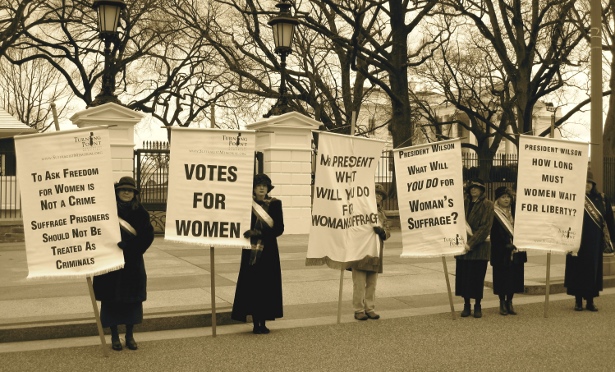"Or does it explode?" -Langston HughesIt seems recently that all the stories we've read in English are tragic; that is, the protagonists die without acheiving their dreams. (Perhaps this is meant to reflect the average 11AP student's grades?) The play A Raisin in the Sun by Lorraine Hansberry seems to be following the same trend.
Walter, so far, appears to be self-pitying. He's full of get-rich-quick schemes and has many grand ideas. He blames his current situation on everyone and everything else: Ruth, Bennie, racism, and so on, making it seem like the whole world is against him. While there is some truth to his claims, he's really just insecure, as shown by his lashing out at Ruth and her eggs. Walter is getting old, and he's beginning to realize this. All he's accomplished is being a chauffeur, and there's not much time left before he's stuck as a chauffeur for life.
Everyone, to some extent, dreams of being successful when they're younger. If you ask around at an elementary school, you're probably not going to find a kid that wants to become a senior grocery bagger when they grow up. However, there are only so many people who can become astronauts. Some people just, well... aren't successful, and there are a variety of methods they use to cope.
In this case, Walter copes by blaming others. "I could be rich if it weren't for this and this and..." A Raisin in the Sun follows Walter through his midlife crisis, and as his hope of a liquor store slowly drifts away, I'm curious as to how he will react.













